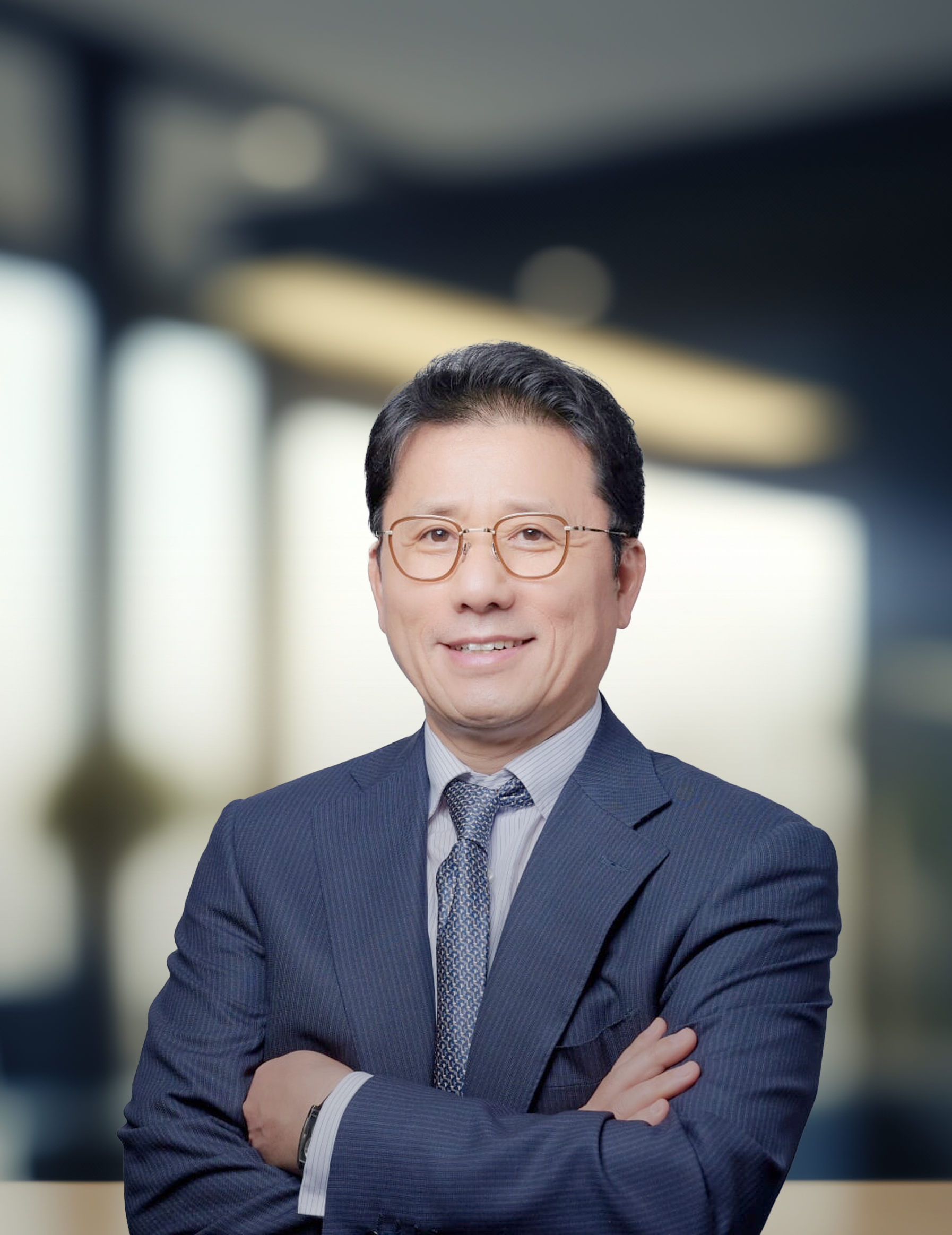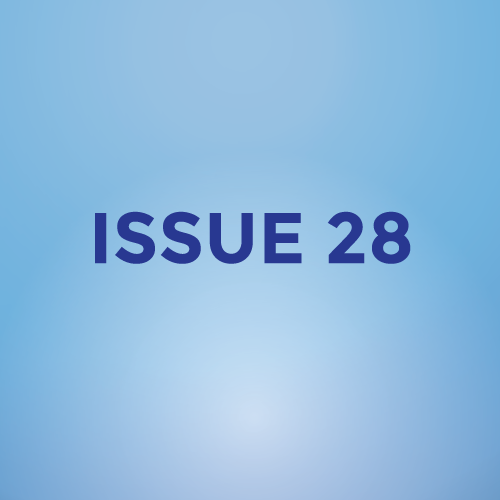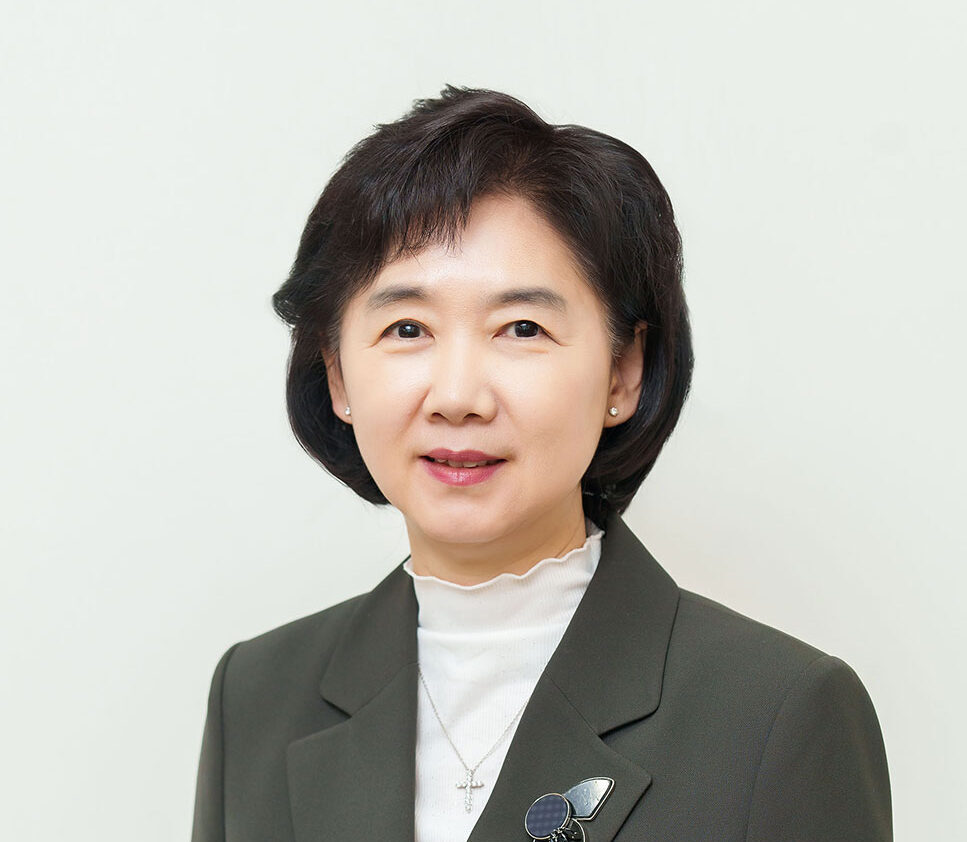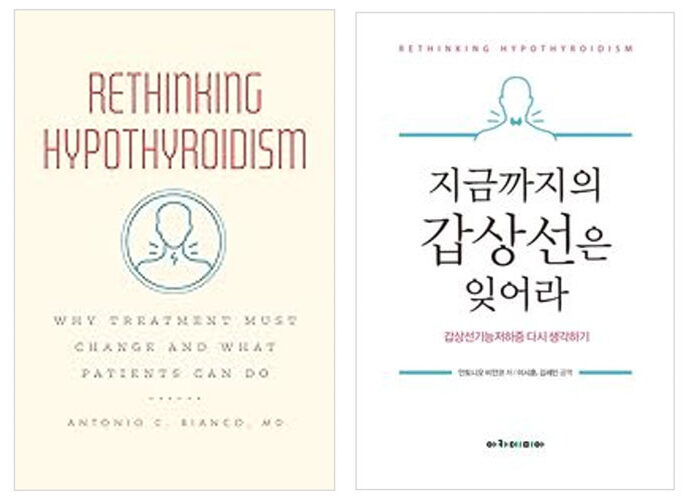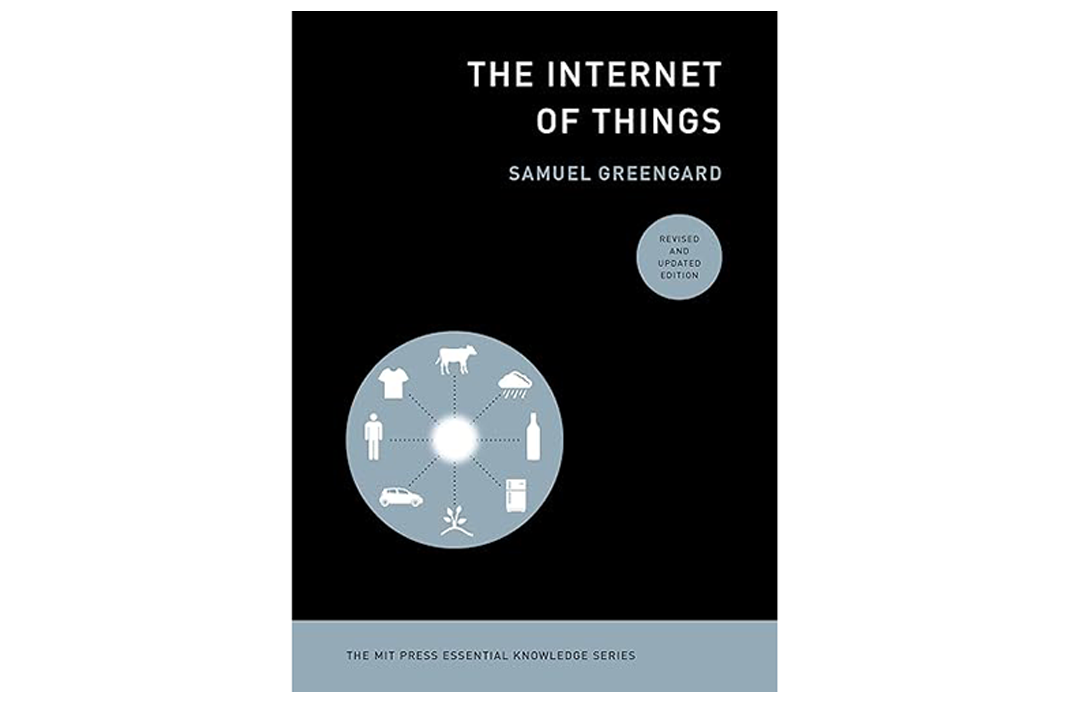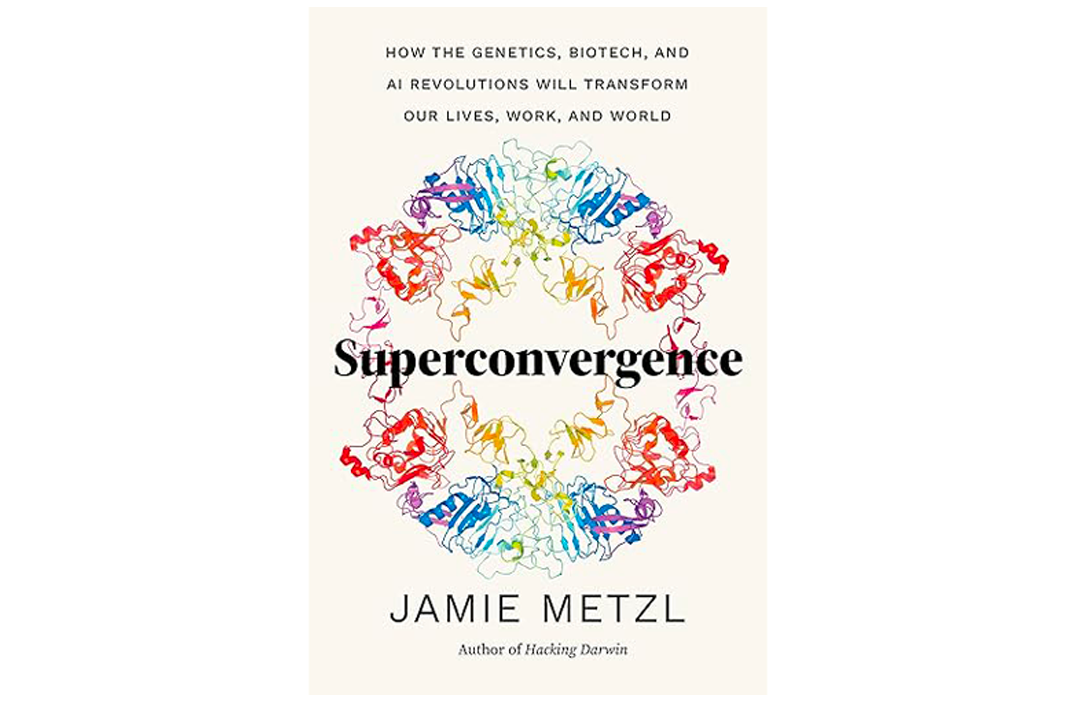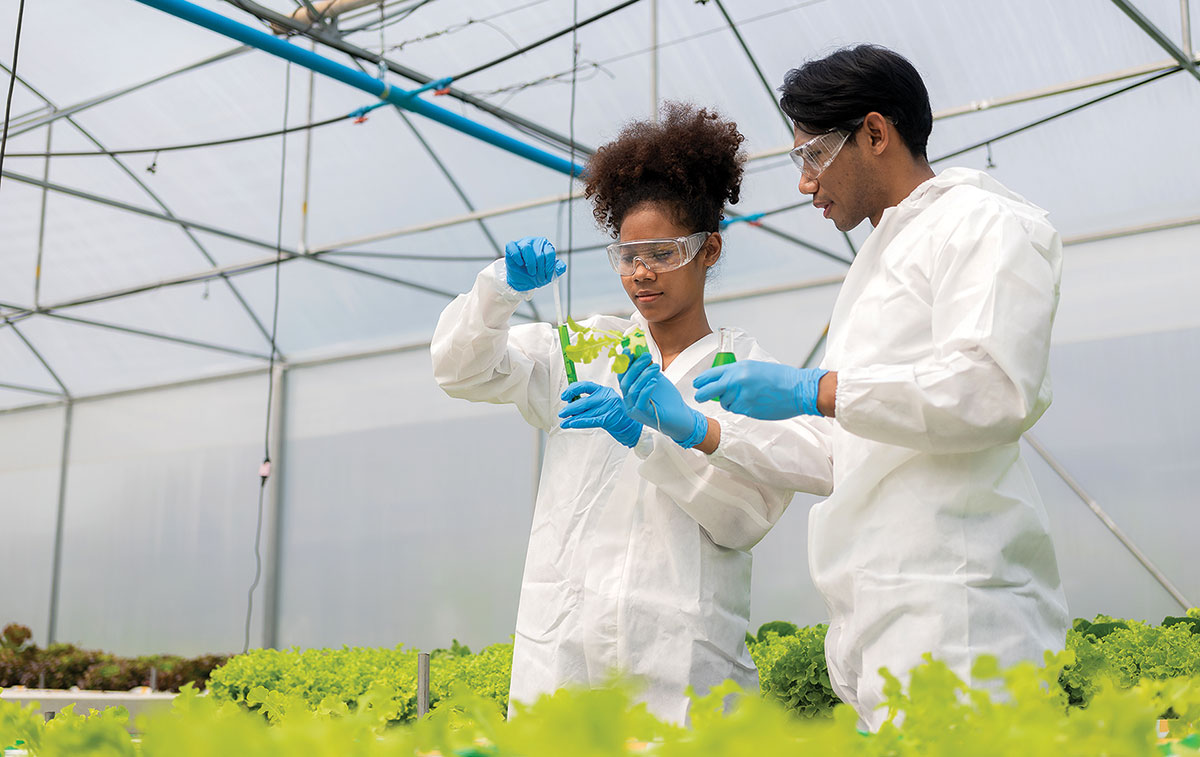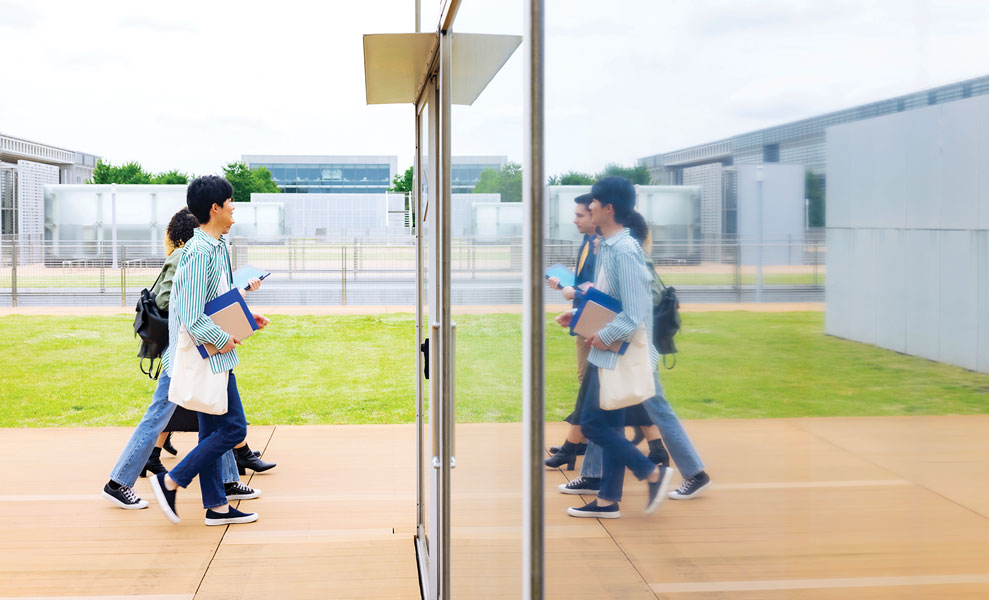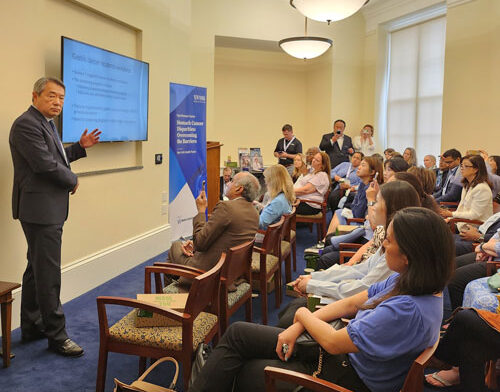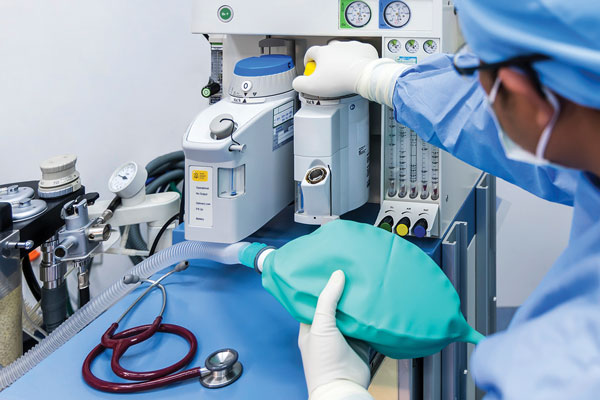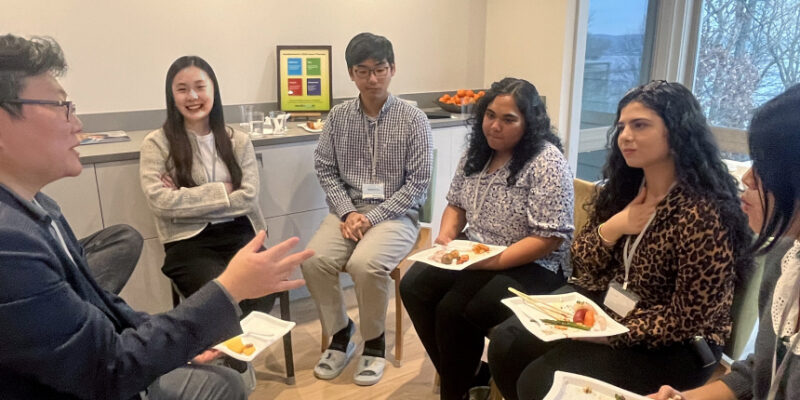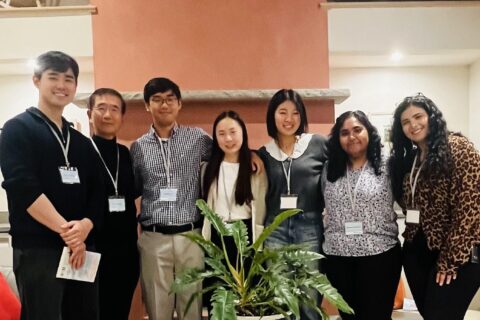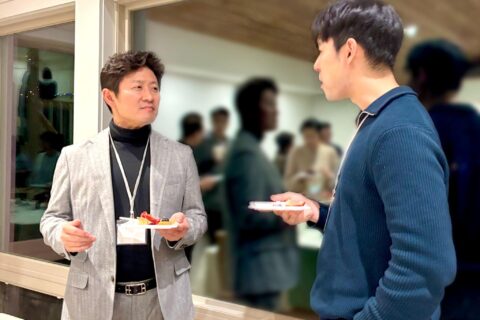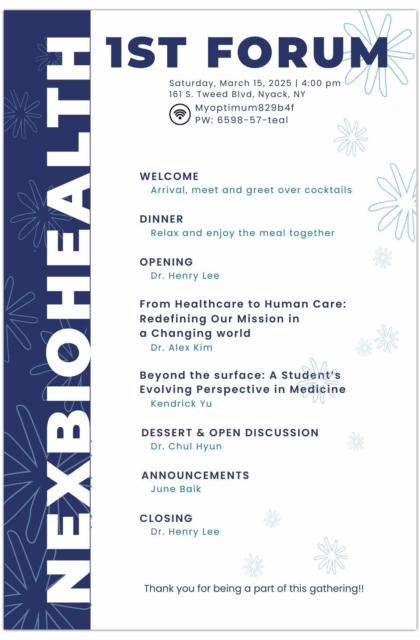
On March 15, 2025, NexBioHealth hosted its very first regional forum—an informal yet unforgettable gathering of physicians and students who came together in New York to pause, reflect, and dream.
This special evening marked a milestone for the NexBioHealth community: the successful launch of the magazine’s first two issues, its growing reach to over 30,000 readers, and the powerful momentum built over the past six months. For many, it was the first time connecting in person—creating space not just for discussion, but for inspiration and planning what’s next.
Held in an intimate venue with a breathtaking view of the Hudson River, the forum offered more than dialogue—it created a sense of warmth and community. With delicious food and a relaxed setting, the atmosphere encouraged open conversation across generations and roles.
The forum opened with a warm welcome from Dr. Henry Lee, Associate Professor of Dermatology at Weill Cornell Medical College. His heartfelt remarks highlighted the spirit of the evening—one grounded in reflection, mentorship, and a shared vision for the future of medicine.
Two keynote talks grounded the night.
Dr. Alex Kim, Associate Professor of Surgery at Mount Sinai, challenged the audience to think beyond technological breakthroughs and re-center on the human dimension of care. Drawing from his surgical work, global health missions, and leadership in advancing health equity, he reminded us, “This is not just about providing health care, but human care.” He emphasized that innovation alone cannot address healthcare’s most urgent problems—inequities, access gaps, and administrative burdens—and that true progress requires compassion, collaboration, and bold thinking.
Dr. Kim also shared a moving story from Uganda, where instead of seeing patients, he trained local surgeons in laparoscopic surgery. “That experience,” he said, “was one of the most fulfilling of my career.” A powerful reminder that impact can be made through sharing knowledge, not just service.

